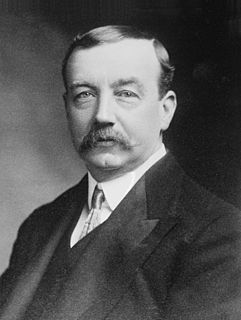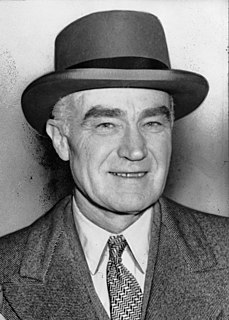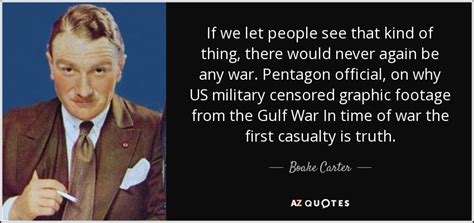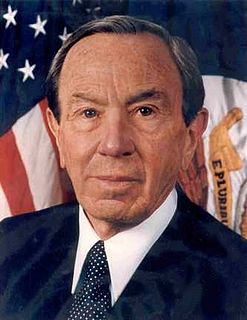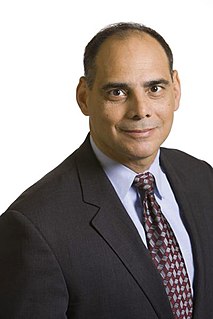A Quote by William Saroyan
I cannot see the war as historians see it. Those clever fellows study all the facts and they see the war as a large thing, one of the biggest events in the legend of the man, something general, involving multitudes.
Related Quotes
America is at war with itself because it's basically declared war not only on any sense of democratic idealism, but it's declared war on all the institutions that make democracy possible. And we see it with the war on public schools. We see it with the war on education. We see it with the war on the healthcare system.
We sit at our consoles and play "Gears of War", but we don't see images from war. We don't turn on the news and see the evidence of war, the result of war. Maybe twice a year, Memorial Day, Veterans Day, we'll go out, we'll hang our flags, we'll try to inculcate in our children some sense of national honor for the fallen. But really, we don't see it. We just don't see the pictures. There's no drive-by on the freeway of death up close. So we don't really see bravery.
War today is such a more visible thing. We see it on television, on CNN. In 1914, war was a concept. There was a naivety and stupidity that war would be a great lark. It's not that different from Gone With The Wind, where all the young men can't wait to go off to fight and then two hours later in the movie, we see how the reality of that has come home to them.
When you talk about the mental health problems, when people come back from war and combat and they see things that maybe a lot of the folks in this room have seen many times over and you're strong and you can handle it. But a lot of people can't handle it. And they see horror stories. They see events that you couldn't see in a movie, nobody would believe it.
To see life. To see the world. To watch the faces of the poor, and the gestures of the proud. To see strange things. Machines, armies, multitudes, and shadows in the jungle. To see, and to take pleasure in seeing. To see and be instructed. To see and be amazed. (Describing the powers of photography; written for the launch of LIFE Magazine, 1936.)
And when we look in through the windows, all we see are shadows. And when we try and listen, all we hear is a whispering. And we cannot understand the whispering, because our minds have been invaded by a war. A war that we have both won and lost. The very worst sort of war. A war that captures dreams and re-dreams them. A war that has made us adore our conquerors and despise ourselves.
Here's an easy way to see if a war movie is being truthful: If you see an explosion on a faraway hillside and the sound of the explosion and the detonation of the bomb happen at the same time - if they're putting the sound and the vision together in the same moment - they're going toward our cultural understanding of war, not the reality of war.




